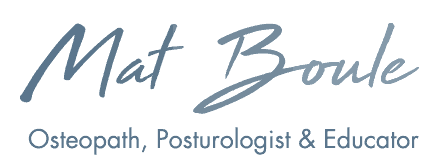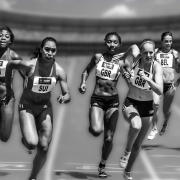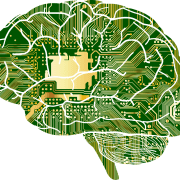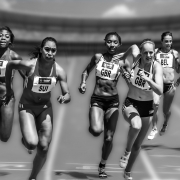The brain and primitive reflexes (part 1)
It is not automatic for all health professionals involved in improving the function of the muscular system to check whether primitive reflexes are integrated. Many of them think that if one stands up, it is because these reflexes are, in fact, integrated. Read more









